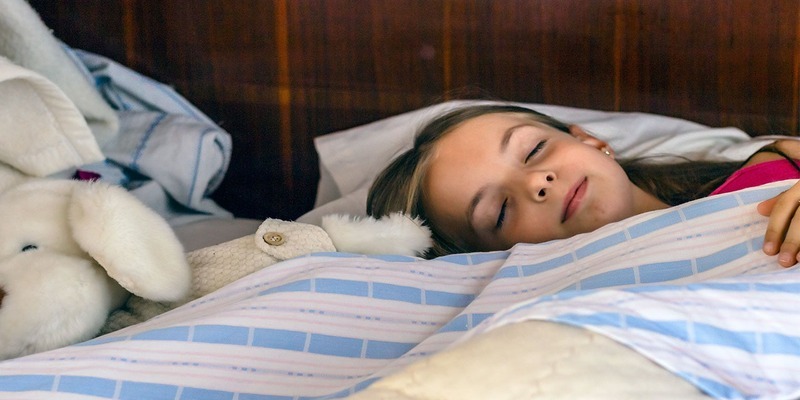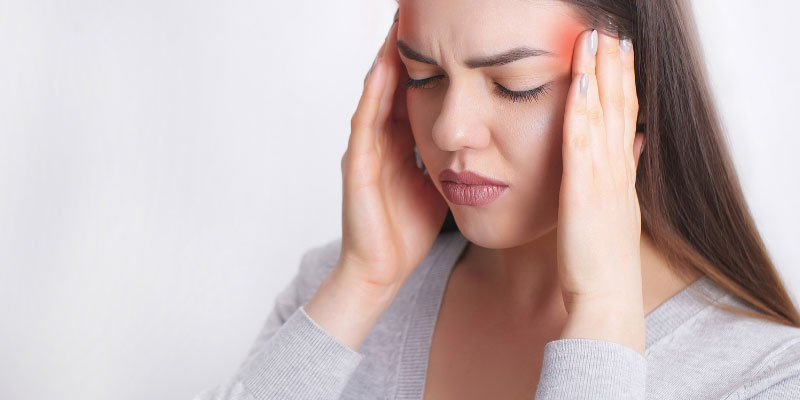In a perfect world, you could get enough sleep at night and start the day feeling refreshed. However, the "early to bed, early to wake" concept might be challenging to stick to if you have responsibilities such as demanding work or caring for young children. When it comes to sleep, the quantity and regularity of your slumber are perhaps the two most crucial factors.
If you want to ensure you get enough sleep and find it easier to drift off, try going to bed when it's already dark outside. Consistently getting enough sleep might also aid in warding off negative health effects. Here are some tips for optimal sleep that you may use to improve your sleeping habits.
The Ideal Time For Sleep

People should get to bed sooner and get up earlier so that they may maximize their day. Our natural inclination is to synchronize our sleep schedule with the sun. Thus this pattern makes sense. In the evening, you may notice a greater inclination toward sleep. It'll be whenever you normally get up in the morning. In addition, you should think about how many hours of sleep every night you require.
How Our Circadian Rhythms Work

Your brain's internal clock, known as your circadian rhythm, regulates the hours you spend sleeping and awake. Over a day, everyone's level of awareness naturally peaks and lowers at different periods. Most people are peak sleep times between 1:00 and 3:00 pm and again between 2:00 and 4:00 am.
The likelihood that you may feel excessive daytime drowsiness decreases with the quality of your sleep. Your body's circadian rhythm also controls when you naturally go to sleep and get up. Your body and mind will adjust to a routine of regular bedtimes and morning rise times.
Sooner or later, you may fall asleep without difficulty and wake up promptly upon hearing your alarm. If you go to bed and get up at different times every night, or if you work nonstandard hours, your circadian rhythm may be thrown off. Symptoms of this include feeling sleepy during the day.
Negative Implications of Sleep Deprivation
Daytime drowsiness is an indication that you are not receiving enough sleep. You may also have more mishaps, get irritable, and forget things more frequently. Consistent sleep deprivation is associated with additional, more severe health risks. A few examples are as follows:
- seeing an increase in illness frequency
- Having high blood pressure (hypertension)
- diabetes
- a heart attack
- obesity
- depression
Browse our sleep store for further sleep aids.
Negative Implications of Excessive Sleepiness
After years of studying the dangers of sleep deprivation, scientists are finally looking at the repercussions of sleeping too much. If you regularly require more than 8 or 9 hours of sleep and extra naps, you may be sleeping too much. Too much sleep has many of the same negative consequences as too little, such as:
- depression
- irritability
- Heart disease and stroke
But it's not always clear that too much sleep is to blame for these consequences. You may be experiencing an underlying health problem that causes you to sleep excessively.
When Is A Good Time For Me To Go To Bed?
If you know what time you have to be up in the morning, you can figure out when you should go to bed to get the rest you need. If for some reason, you have to rise before 6 am, you might want to start winding down at about 11 pm.
The key also is settling on a regular time for bedtime and sticking to it, especially on weekends. If you have a habit of staying up late on the weekends and sleeping in on the weekdays, you may find it challenging to get back into a routine come Monday morning.
Takeaway
Sleeping and getting up are two habits that will benefit your life the most. Unfortunately, not everyone can benefit from a schedule like this. More crucial is ensuring that your sleep is of high quality. Keeping a regular sleep-wake schedule can help you achieve this.
If you're having difficulties falling asleep at night or still feeling sleepy throughout the day even though you're following a regular sleep pattern, you should see a doctor. This may point to concerns with sleep quality, which needs to be examined.




